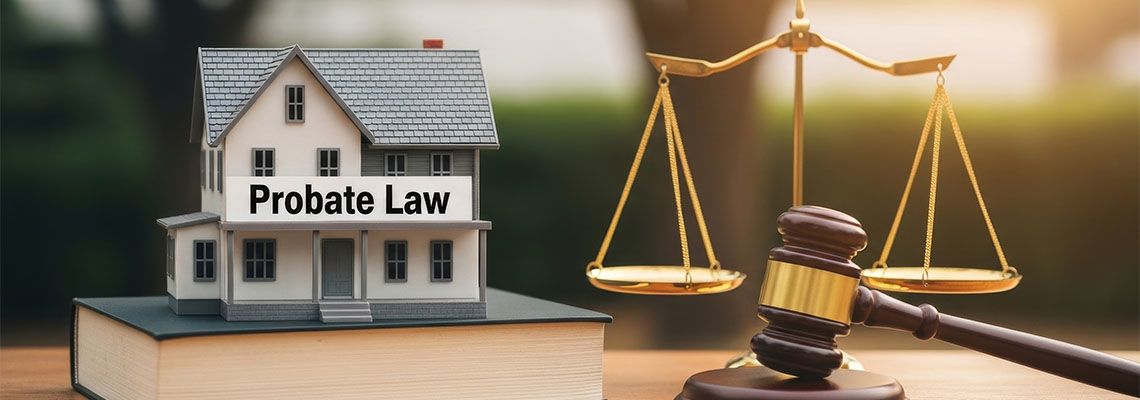Probate administration can feel slow, even when everyone wants the same outcome. The process is built to confirm what is in the estate, who has authority to act, and how debts and property transfers should be handled.
Blog
What Evidence Is Required for a Successful Determination of Heirship?
When a loved one passes away without a valid will, families are often left with difficult questions about who has the legal right to inherit property. A determination of heirship is the court process used to identify rightful heirs when a person dies intestate.
Key Elements of a Comprehensive Will for Blended Families
Blended families often bring joy, growth, and new beginnings—but they can also present unique emotional and legal challenges when it comes to estate planning.
Strategies for Resolving DMV Title Disputes in Estate Matters
When a loved one passes away, their family often faces more than just grief—they also face the stress of sorting out legal and financial matters. Among the many details to handle, disputes involving vehicle titles can create frustration and confusion.
How Can Estate Planning Protect Your Assets for Future Generations?
When it comes to protecting your hard-earned assets and making sure your loved ones are taken care of after you're gone, estate planning is an essential step. For many people, thinking about what happens to their assets after death can feel uncomfortable or overwhelming, but it doesn’t have to be.
Affidavit of Heirship Requirements
Losing a loved one is an emotional and overwhelming experience. Families often face difficult decisions while managing grief and the practical matters of property and inheritance.
Revocable Trusts and Probate: What You Need to Know to Protect Your Estate
Estate planning is more than just deciding who inherits your property—it’s about creating a clear, legally sound roadmap for the future. In California, where high real estate values and intricate family dynamics are common, a revocable trust is often the most efficient and flexible tool for managing assets, protecting loved ones, and avoiding probate.
License Suspension Appeal Process
If your driver’s license has been suspended in California, it’s possible to challenge the suspension through an administrative appeal. The process involves several steps, and understanding each phase can help you make informed decisions.
Trust Funding Best Practices
Creating a trust fund is a smart estate planning decision for individuals and families in Los Angeles, California. But the real value of a trust doesn't come from just drafting the documents—it comes from proper trust funding. If assets aren't correctly transferred into the trust, the plan may fall apart when it matters most.
What Powers Should POAs Include?
When it comes to estate planning, one of the most powerful and practical tools at your disposal is the Power of Attorney (POA). A well-drafted POA can make sure that your affairs are managed smoothly if you become incapacitated or simply unavailable. But not all POAs are created equal, and not all of them include the right powers.










